News Archive
Oliver Fuhrer and Thomas Hofstetter are new Adjunct Professors at D-USYS
- Environmental sciences
- D-USYS
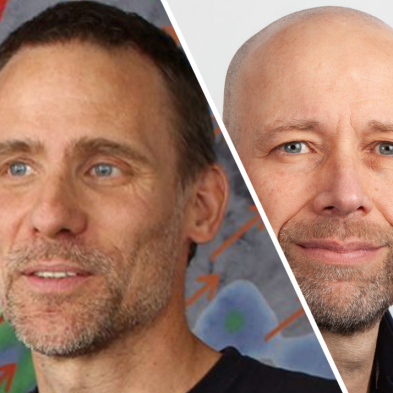
At the request of ETH President Joël Mesot, the ETH Board awarded the title of professor to Oliver Fuhrer and Thomas Hofstetter at its meeting on May 21 and 22, 2025. Congratulations!
Feeling tomorrow's heat: ETH researchers illustrate climate impacts at Venice Architecture Biennale
- D-USYS
- Institute for Atmospheric and Climate Science
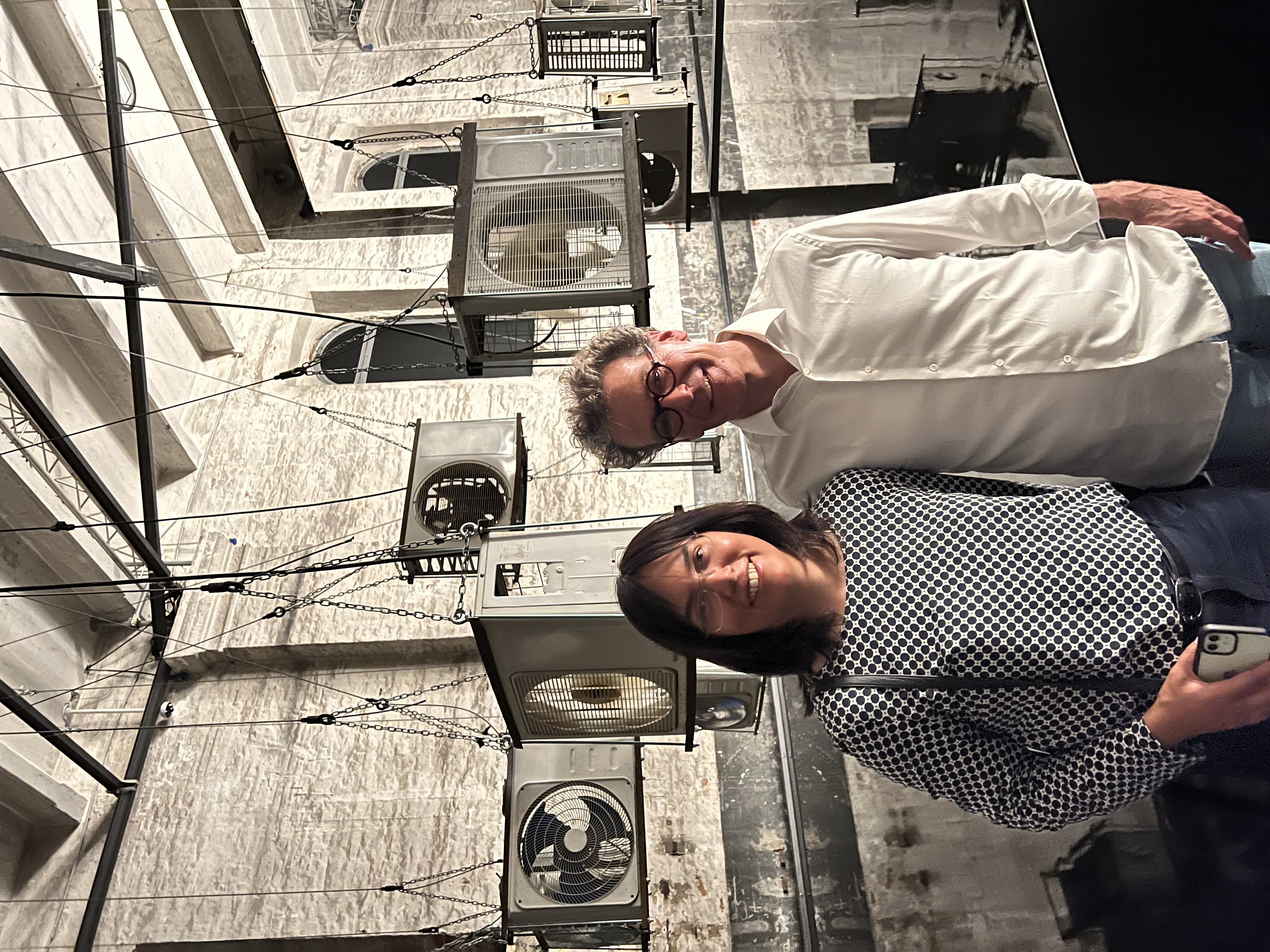
Sonia Seneviratne and David Bresch, professors at the Departement for Environmental Systems Sciences, have contributed to a thought-provoking installation just by the entrance at the Venice Architecture Biennale 2025. Together with Lorenzo Pierini, a postdoctoral researcher, they calculated what the air temperature would be in the future if we didn't have climate change mitigation.
Climate change: Children suffer the most
- Institute for Atmospheric and Climate Science
- D-USYS
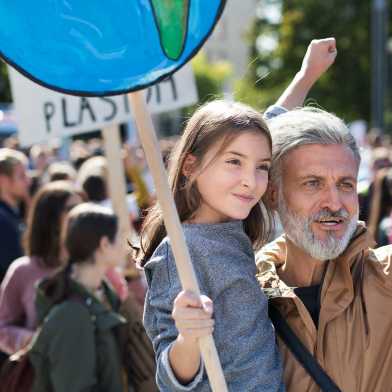
Millions of today's children will be affected in unprecedented ways by heat waves, crop failures, river flooding, droughts, forest fires and tropical storms during their lifetime under current climate policy measures. This is shown by research conducted by climate researchers at the Vrije Universiteit Brussel (VUB) in collaboration with ETH Zurich.
The world’s wealthiest 10% caused two thirds of global warming since 1990
- D-USYS
- Institute for Atmospheric and Climate Science
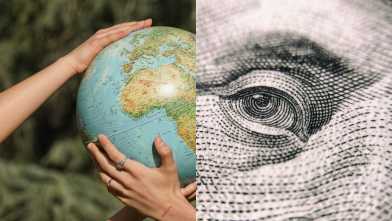
Wealthy individuals have a higher carbon footprint. A study published in Nature Climate Change quantifies the climate outcomes of these inequalities. It finds that the world’s wealthiest 10% are responsible for two thirds of observed global warming since 1990 and the resulting increases in climate extremes such as heatwaves and droughts.
Simona Meiler awarded with Prix Schläfli 2025
- D-USYS
- Environmental sciences
- D-USYS
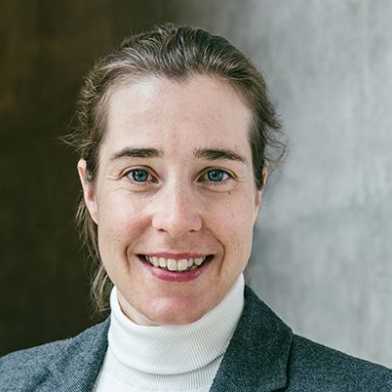
Simona Meiler's snowboarding career ended at the 2018 Winter Olympics, but since then, she has shown the same drive in her commitment to science. Meiler has been awarded the Swiss Academy of Sciences’ Prix Schläfli in Geosciences for her research into tropical cyclones.